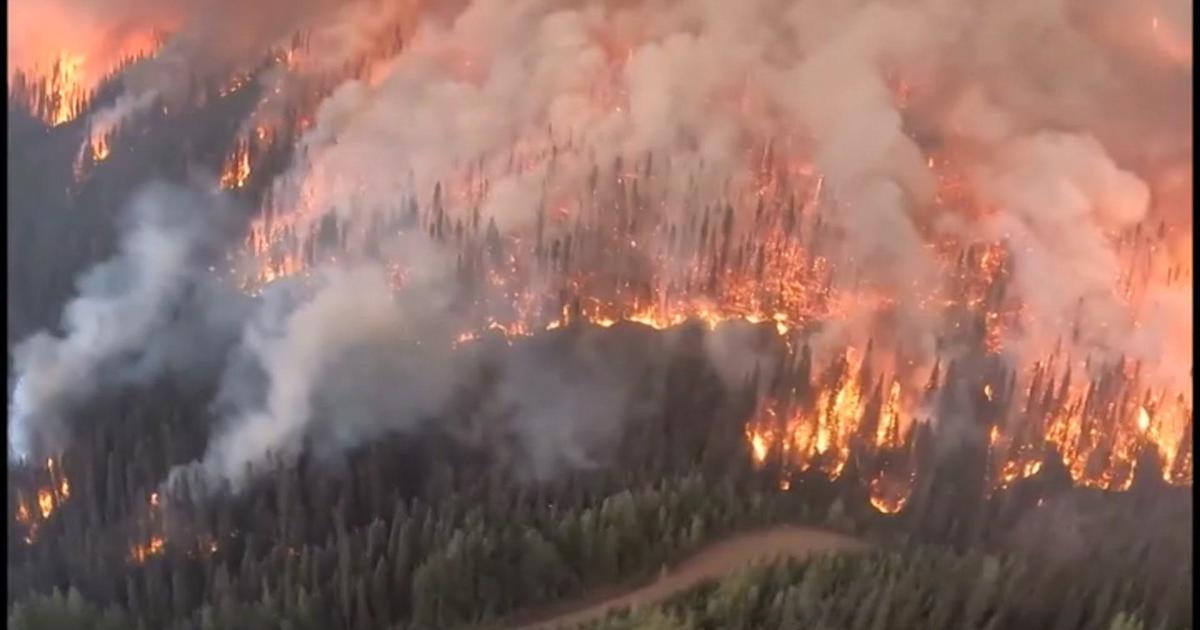What Does The Smoky Haze From The Wildfires Mean For Minnesota? Good Question
MINNEAPOLIS (WCCO) -- There has been a haze over Minnesota skies this week coming from the wildfires more than 1500 miles to the west.
So, what does this smoky air mean for Minnesota? Good Question.
"Right now, in Minnesota, because the source of the fire is out west, we have good air quality," said Daniel Dix, a meteorologist with the Minnesota Pollution Control Agency.
MPCA tracks air quality in Minnesota every hour and posts the information on its website. So far, this year, there has been only one air quality alert issued in Minnesota. That was back in June and due to ozone.
The smoke has traveled all the way to East Coast and into the Atlantic Ocean via the jet stream. But, because it's remained 15,000 to 20,000 feet in the air, it's not affecting air quality outside of the western United States.
"The Rocky Mountains forced it up so high so it stayed up there," said Dix. "It was too high in the atmosphere for the atmospheric low level to mix and bring it down."
Dix said that while state pollution experts are monitoring the air that has traveled south and might potentially come back around, he's not concerned right now the smoky air will come to the surface.
Instead, he expects it will stay in the atmosphere, which means it will partially block the sun or make it appear pink. That's because the smoke filters out the blue and green wavelengths of energy, leaving red, pinks and yellows able to come through.
In 2018, Minnesota has seven air quality alerts due to the smoke that has traveled south from wildfires in Canada.
Within the smoke and ask are microscopic particles that can cause significant health problems for people with asthma, heart conditions, COPD and other health issues. Parts of the west coast of the U.S. are seeing the worst air quality in the world.
"Long-term all those small particles that are in the lung, chest and heart system, that has a definite impact and why the fine particles are considered a dangerous pollutant," Dix said.



